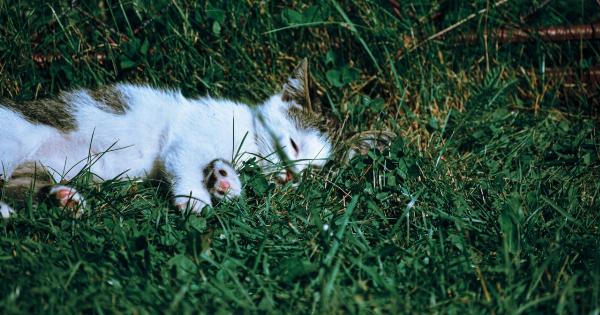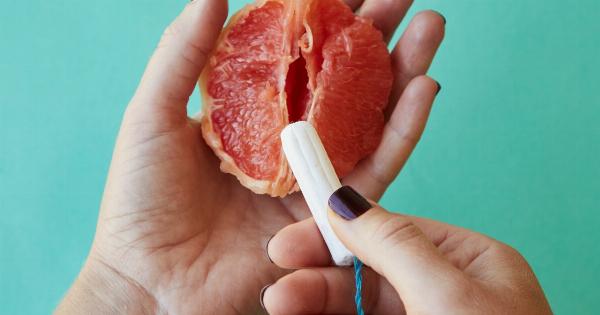Sleep is essential for maintaining our physical and mental health. It is a fundamental need that allows us to recover, regenerate, and consolidate our memories.
While sleep patterns can vary widely between individuals, some people find it easier to fall asleep and stay asleep than others. This has led to speculation that there may be a genetic predisposition for being a deep sleeper.
What is deep sleep?
Deep sleep, also known as slow-wave sleep, is a stage of sleep characterized by slow brainwaves known as delta waves.
It is the stage of sleep where we experience the most restorative effects, including physical repair, mental rejuvenation, and consolidation of memories. Deep sleep is essential for overall health and wellbeing.
What factors influence sleep?
While there may be a genetic component to sleep, there are many factors that influence our sleep patterns. These include lifestyle factors, such as diet, exercise, and stress levels, as well as environmental factors, such as light and noise pollution.
Additionally, certain medical conditions or medications may affect our sleep quality.
The genetics of sleep
While we know that our genes play a role in many aspects of our health and wellbeing, the genetic basis for sleep remains largely unknown. However, recent research has identified several genes that may be involved in regulating sleep patterns.
The PER3 gene
The PER3 gene, located on chromosome 1, has been identified as a potential contributor to differences in sleep patterns between individuals.
People with a long variant of the PER3 gene have been shown to have a greater preference for evening activity and a tendency towards a delayed sleep phase (i.e. a preference for staying up late and sleeping in).
The DEC2 gene
The DEC2 gene, also known as BHLHE41, has been linked to people who need less sleep than average. It is thought that people with a mutation in the DEC2 gene may be able to function normally on only a few hours of sleep each night.
The CLOCK gene
The CLOCK gene has also been implicated in regulating sleep patterns.
Mutations in this gene have been associated with both delayed and advanced sleep phase syndrome, where individuals experience difficulty falling asleep and waking up at appropriate times.
Environmental factors and sleep
While genetics may play a role in sleep patterns, environmental factors are also of significant importance. Noise, light pollution, and temperature can all affect our ability to fall and stay asleep.
Additionally, lifestyle factors such as diet, exercise, and stress levels can impact our sleep quality.
Conclusion
So is there a genetic predisposition for being a deep sleeper? While research has identified several genes that may play a role in regulating sleep patterns, environmental factors are also of significant importance.
Ultimately, the overall quality of our sleep is dependent on a range of factors, both genetic and environmental, and varies widely between individuals.





























